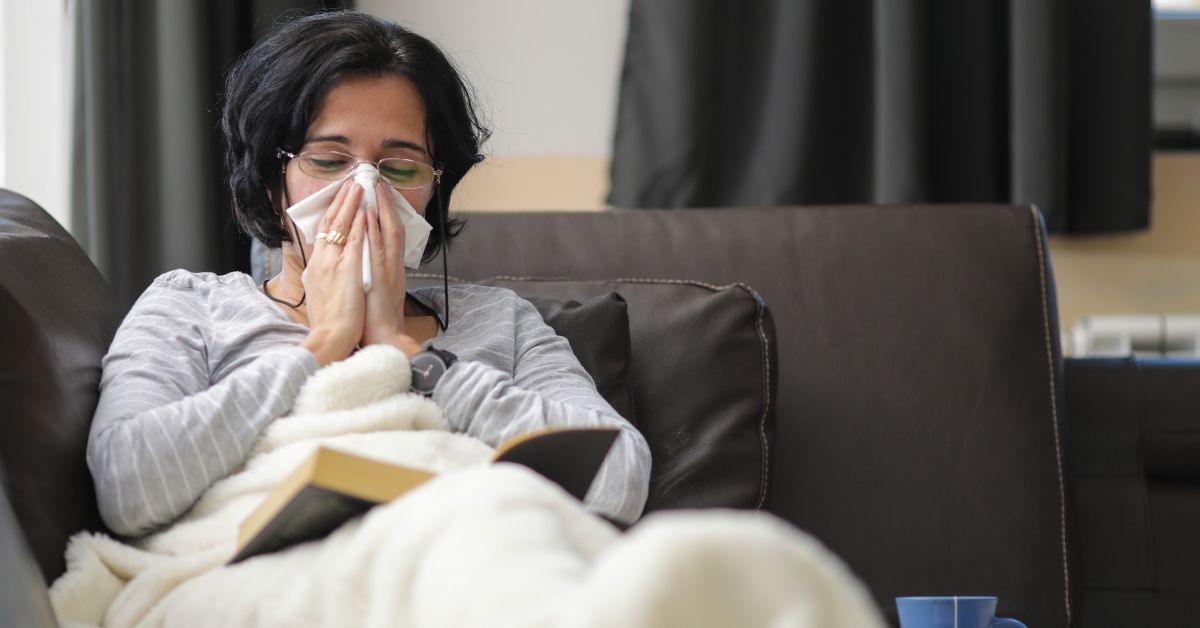As summer begins, most people are eager to step outside and take advantage of the weather. However, soaring temps and harsh sunlight can pose health hazards. And even leisurely activities come with hidden dangers.
Be aware of these five summer hazards and learn how to avoid them as you enjoy the season.
Heat-related illnesses
Heat-related illnesses, such as heat exhaustion and heatstroke, are common summer health issues.
Heat exhaustion comes with many unpleasant symptoms, including increased pulse, dizziness, fatigue, muscle cramps, nausea and headache. Heat exhaustion can lead to heatstroke, a more severe condition that calls for emergency medical attention. Without care, heatstroke can cause damage to vital organs and muscles. It can even be fatal.
If you notice the symptoms of heat exhaustion, seek cool shelter and hold off on any physical activities. Your body needs rest and hydration.
You should also take the following precautions on sweltering days to reduce your risk of heat-related illnesses:
- Know your risk level. Children, older adults and people who are not used to high temperatures are more at risk for heat-related illnesses.
- Reserve outdoor physical activities for mornings or evenings, when the weather is coolest. Avoid high-intensity activities during midday.
- Wear flowy, lightweight clothes. This is instead of tight and heavy outfits that hold in heat.
Dehydration
If you don’t stay hydrated in the summer heat, you might develop a case of dehydration.
Symptoms of dehydration can differ depending on your age. A young child or infant who is dehydrated won’t shed tears while crying and may have sunken eyes or a dry mouth. Dehydrated adults will feel fatigued and thirsty. Dizziness and confusion are also possible symptoms. Dark-colored urine is a common sign that you’re not drinking enough water.
The solution here is simple: keep a water bottle nearby and use it often. This is especially important if you’re being active or drinking alcohol. You can also munch on foods with high water content, such as watermelon, strawberries, tomatoes, cucumber, celery and lettuce.
Swimming accidents
Unfortunately, the dangers of summer can also pop up when you’re cooling off in the water. In the ocean, rip currents and rough waves can catch swimmers off guard and lead to drowning. Swimming pools are safer, but accidents can still happen if swimmers are careless.
Stay safe on the beach by sticking to areas where lifeguards are present. Heed any warnings about the weather or the water conditions. When using a swimming pool, avoid running near the edge of the pool, where you could potentially slip. Ensure kids are playing safe and always have supervision. Tell adults to avoid drinking alcohol near the pool, as this could increase the risk of accidents.
Food poisoning
Planning a picnic at a local park or beach? Keep in mind that hot weather can affect the food that you’re bringing along. If certain foods, including meat and dairy products, are left unrefrigerated for too long, bacterial growth will make them unsafe for consumption.
Use the following tips to steer clear of food poisoning:
- Get rid of perishable food that was left at room temperature for more than a couple of hours.
- Pack perishable food in a cooler along with ice.
- Use a meat thermometer to ensure any grilled meat is at a safe temperature.
If you do develop a case of food poisoning, you’ll likely have to deal with nausea, vomiting or diarrhea. Drink clear fluids to avoid dehydration. Slowly begin eating bland food, such as toast, as you start to feel better. If the symptoms don’t subside, you’ll need to reach out to your primary care provider.
Sunburn
Sunburn is one of those summer health risks that can come with long-term consequences. A few sunburns will increase your risk of skin cancer.
Here’s how you can keep your skin healthy:
- Apply sunscreen that blocks UVB and UVA rays. You’ll need sunscreen even on cloudy days because rays go through the cloud cover.
- Avoid midday sun exposure when possible. Stick to shady areas during these times.
- Avoid taking long naps in the sun.
- Wear clothing such as hats or long-sleeve cover-ups when you’re in full sun.
Learn about all the health care services we offer at Bon Secours.





